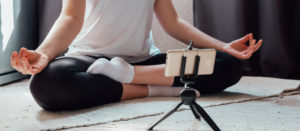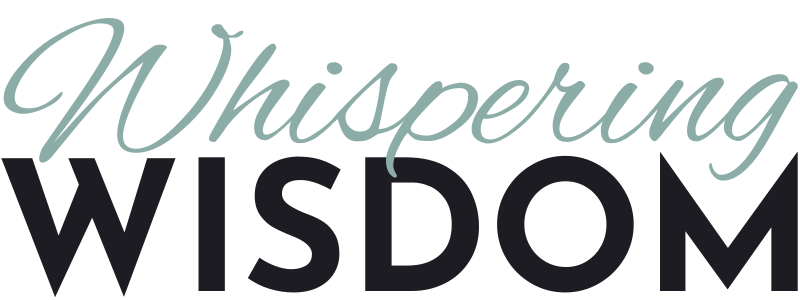Coping

I believe it’s very important for all people to explore how they cope with their emotions and the challenges they face. It’s too easy to get caught up in the emotions of a situation, and lose focus of the real issue. When you have an established practice of turning to healthy coping mechanisms, you will begin to feel more empowered in your own life. Your confidence and overall well-being will improve.
It’s important to recognize your emotions – your moods – your thoughts. Observe how you behave based on how you feel. Once you have established the feelings that you need to cope with, you’ll need to have a list of healthy coping skills. I teach that a coping skill has to be safe and healthy for you as well as others.
A scenario to ponder:
A teenage girl comes home from school and is mournfully sobbing. She was apparently targeted by some classmates, because she cut her very short the evening before. Instead of her classmates complimenting her, or even just not making a remark, they chose to ridicule her and call her names. As she’s crying in her room, she becomes overwhelmed with emotions. She is embarrassed, has anger toward her classmates, has hate toward herself, and loads of self-doubt. This is a pivotal moment. This teenage girl will either have healthy coping skills already established and use them or she’ll turn to unhealthy coping mechanisms.
If she chooses healthy coping, she will likely manage her emotions and her thoughts pretty quickly, as she tries to rationalize the situation. She’ll learn quickly that the issue lies with the classmates, not her. She might choose to journal, talk to a trusted family member or friend, listen to music, organize her room or even go for a long walk – all healthy and productive. By practicing these skills, she will strengthen her resilience, self-esteem and self-worth. The earlier we help our youth establish healthy coping mechanisms, the less emotional upheaval they will experience throughout their life.
The alternative for this teenage girl is to choose unhealthy coping mechanisms in this situation. She may choose to stay in her room and cry all evening, locking herself away from her support system. Maybe she doesnt have a support system, so she searches on-line to “connect” with someone, which is unsafe. She might use substances to numb her emotional pain or even self-harm to release her emotional pain. Some unhealthy coping skills that aren’t as noticeable, but are widespread, are eating too much, not eating enough, scrolling on social media and simply avoiding people. Continued use of unhealthy, unsafe coping skills will decrease a person’s self-esteem, harm them physically and emotionally long-term, and sometimes create addictions. If someone starts using unhealthy, unsafe coping skills, we need to step in and help them become aware of the choices they are making, and help by giving them suggestions of healthy and safe alternatives.
Here are some ideas…
1. Do deep breathing/meditation.
2. Journal your feelings.
3. Draw your feelings.
4. Do physical activity.
5. Talk to a trusted adult.
6. Do progressive muscle relaxation.
7. Take a shower/bath.
8. Hold ice cubes.
9. Listen to music.
10. Be creative.
A few questions…
1. Do you realize when your emotions are getting elevated before it gets too bad, or is it “too late” when you realize you are triggered?
2. What are your current coping mechanisms? Would you like to change any of them?
3. Teaching others is a great way to learn how to do something. Who could you teach some new coping skills? Don’t forget to research age appropriate coping skills!
Growing word by word,
Jackie

0 Comments